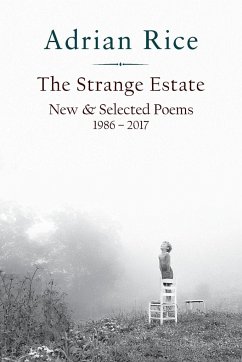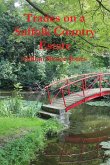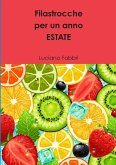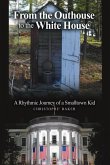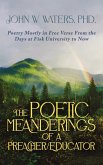Poetry is in trouble. Post-modern poetry often lacks the essentials, - music and meaning. The illusion of meaning is too often achieved by obfuscation. Poetry becomes lost in today's cultural wasteland and is left primarily to scholars and critics, when a century ago a maid and a blue-collar worker could discuss the merits of their favorite poet. Much to our great disadvantage, poetry is lost. With C. H. Connors' The New Estate, a riveting collection of work becomes a little more accessible, with the hope to fuel discussion and to add life back into the discussion of poetry and its value to society. About the Author C. H. Connors was born in New Jersey in 1939 and grew up in Connecticut as an only child on a windy hilltop farm. She was able to attend Smith College through a scholarship and earned a BA in English Literature. After attending one year at Columbia for a PhD, she decided against an academic career. Connors met her late husband at Columbia, and together they moved to Buffalo, where he taught philosophy at SUNY, and she attended law school while attending to three children under five. Connors practiced law for many years, with her focus on public interest law. She worked as a public defender and did volunteer work with abused women to prepare for their court appearances. After her husband passed, Connors moved to Maine, living in a small fishing village, where she felt she could better care for her mother and disabled daughter. She became a registered riding instructor for differently abled riders and with others formed Friends of St. George, an organization to support local conservation. She has served on the board for a local food co-op as well as the board for a therapeutic riding association. Connors went on to build a home for her disabled daughter and sees her on two or three days a week.
Hinweis: Dieser Artikel kann nur an eine deutsche Lieferadresse ausgeliefert werden.
Hinweis: Dieser Artikel kann nur an eine deutsche Lieferadresse ausgeliefert werden.


